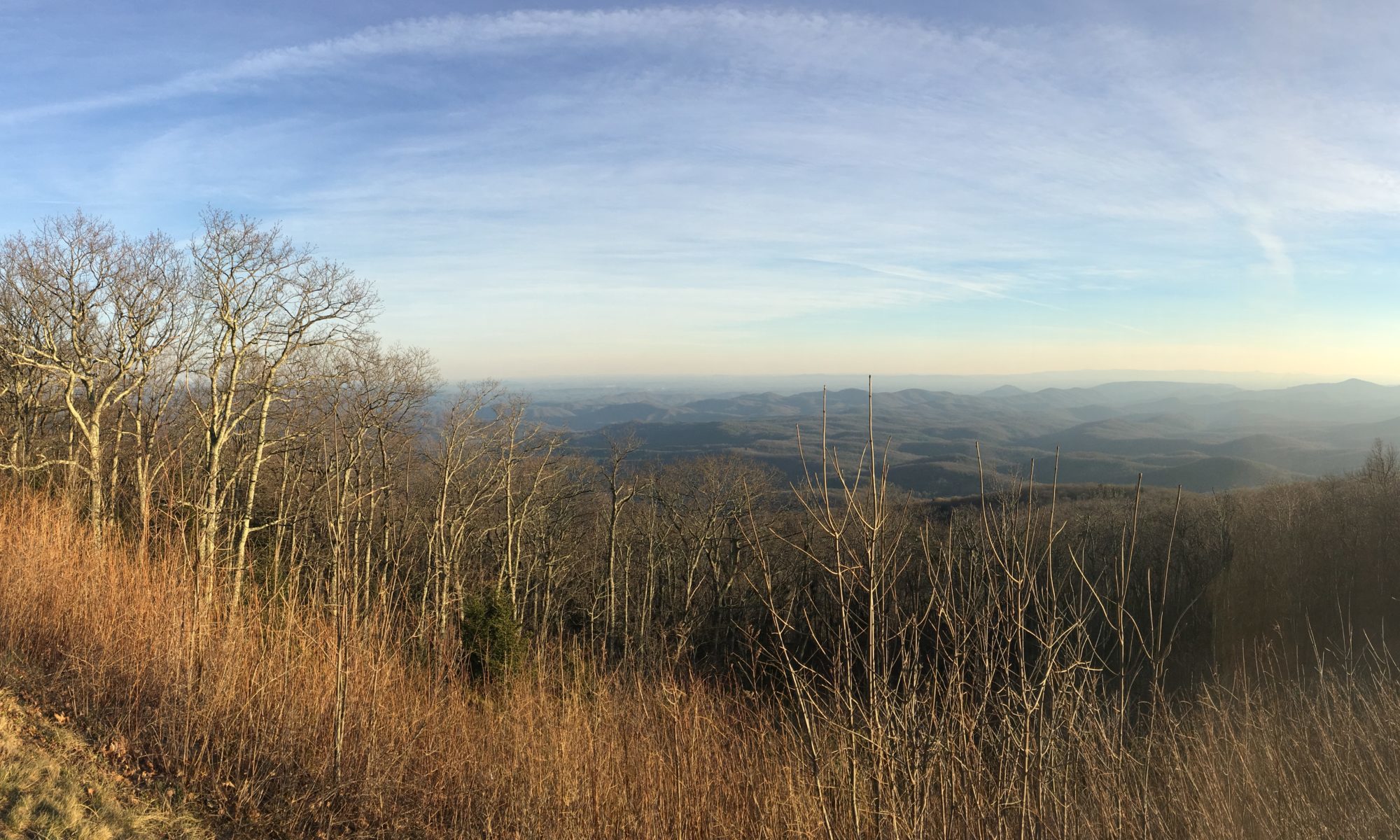Was their an easier way for our God to save us? Why did he “empty himself”?
Why did he chose to lead us on such a humble path out of our bondage into freedom?
Perhaps it was the only way to truly reverse the sin of Adam. To lead humanity from its addictive illusion of autonomy and power back to the reality of dependence upon him and intimacy with God. Maybe it was the only way to completely heal our original wound, from the inside out, and return us to a garden more beautiful than Eden.
Why do we “Grasp” ?
Grasping is an act of trying to hold on tightly to something we fear we might lose or can not keep. It is as old as the temptation in the garden. To seek to control an outcome rather than depend on a gift. To put ones life above love.
The deceiver says, surely you will not die, for your eyes will be open and you will become like God. But Adams grasping led to just the opposite, it opened a deep wound, a tear in the fabric of humanity, a degradation of our power to love.
Grasping is both an act of fear and pride. Fear that the gift cannot be counted upon, and pride that I should not need to have to rely upon it at all.
God emptying himself into our humanity is the great Un-grasping, the reversal. It turns all of history, which is about the will to power and control, upside down. It’s the triumph of love over self preservation. Its the conquering of death.
Jesus opened himself up. This is the great symbol of the cross which is the heart of Christianity. He became loves victim. Into the Fathers hands he placed his life. And that love and obedience raised him to life.
Can I cease from my grasping? Can I truly put my life in His hands and trust in Him?
That is the question of Easter.
